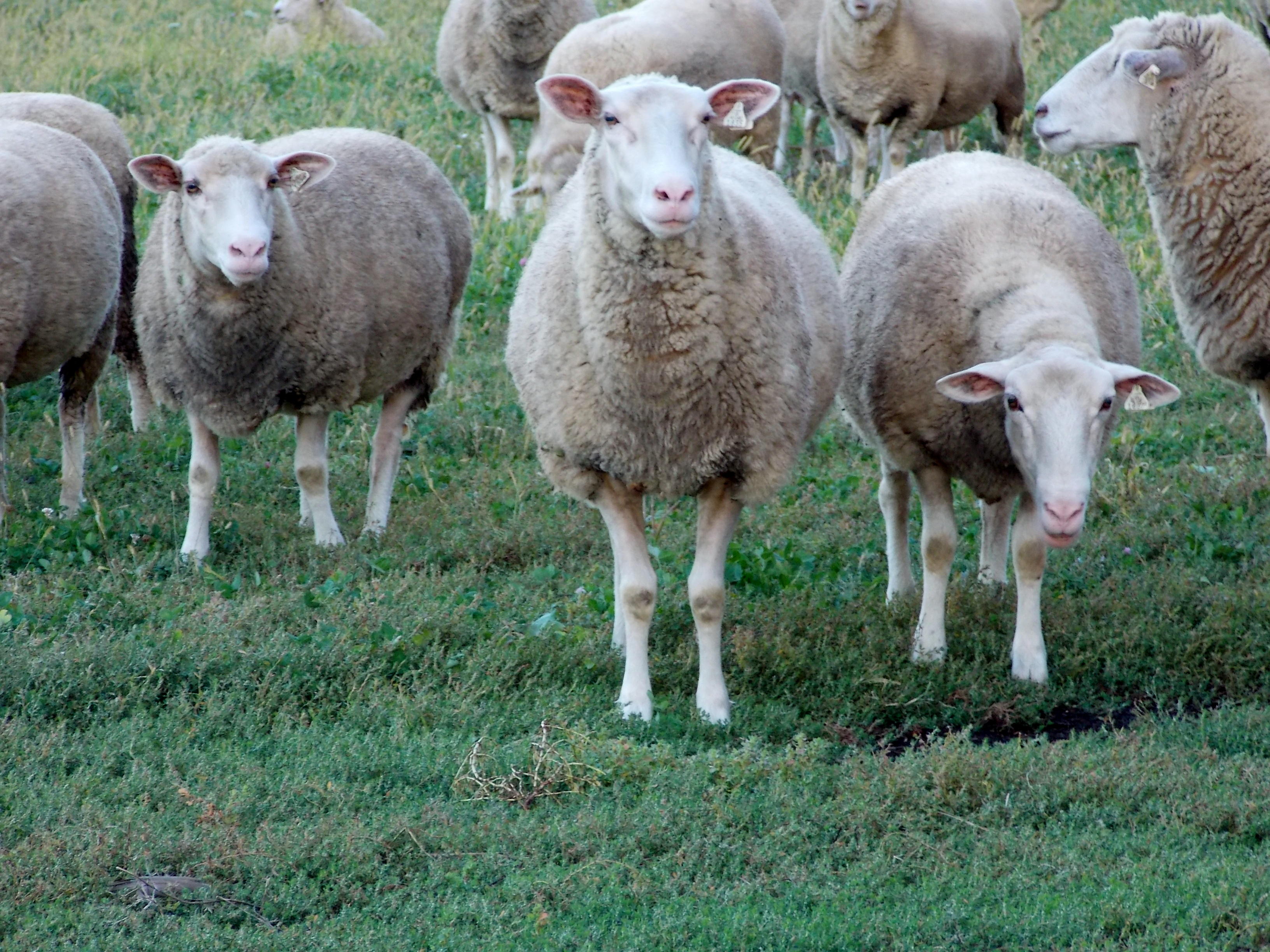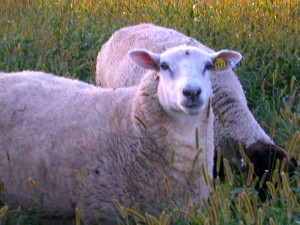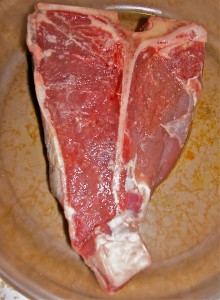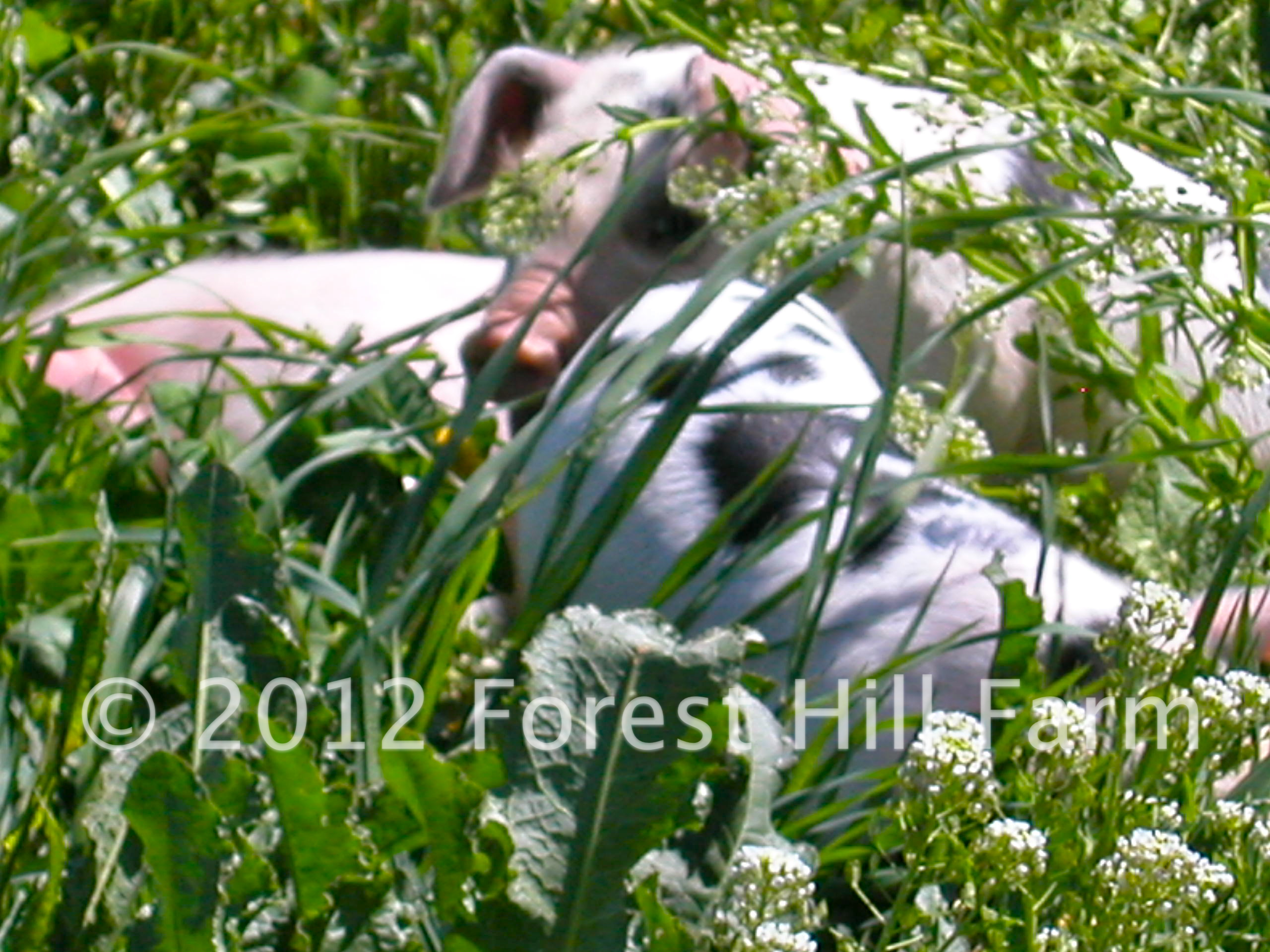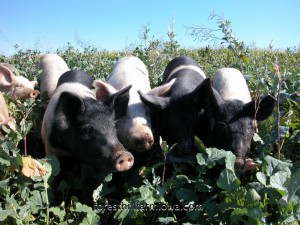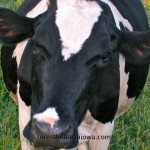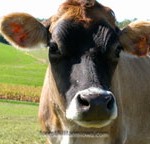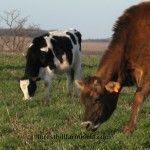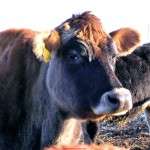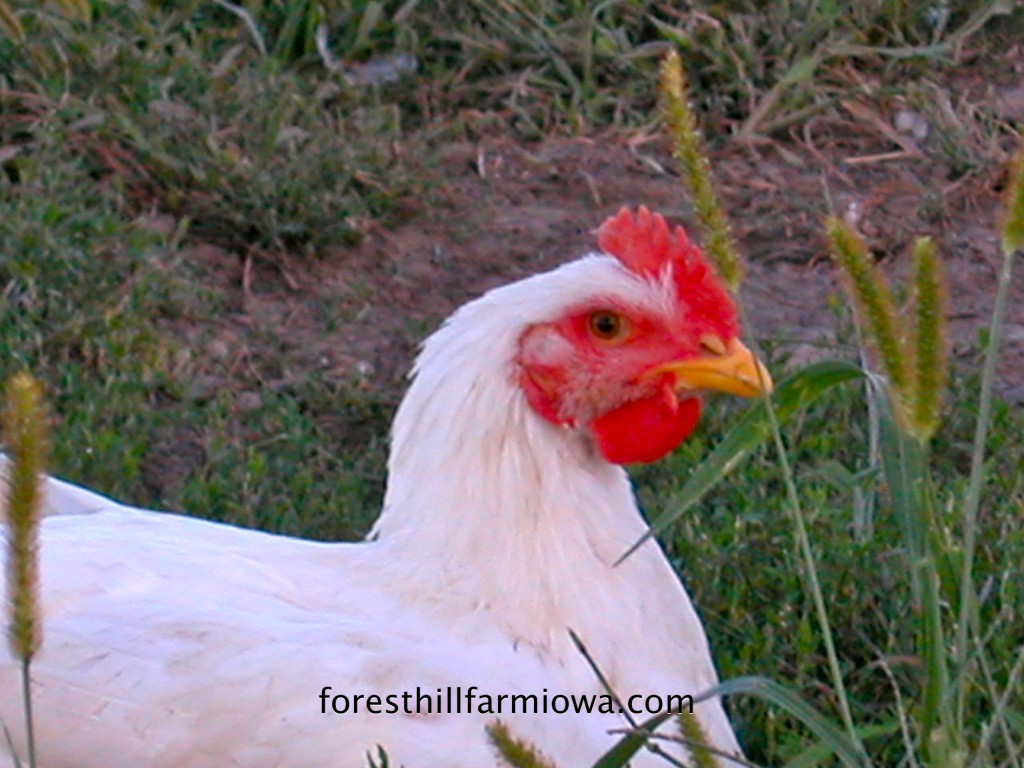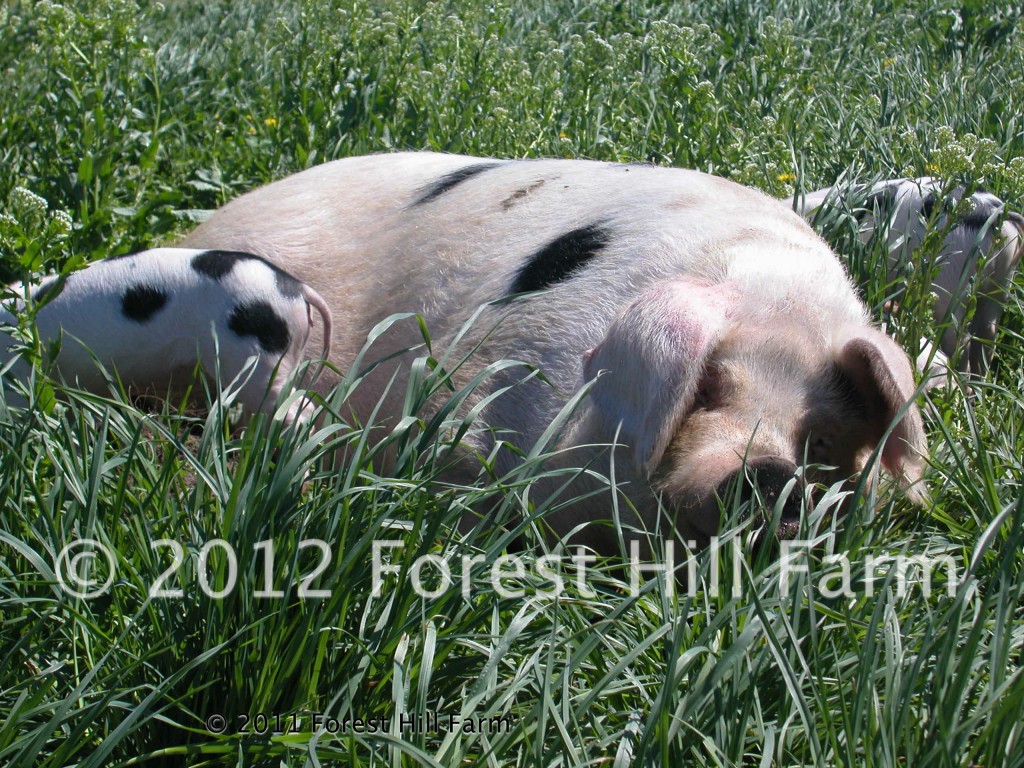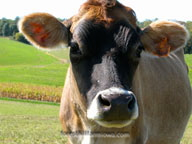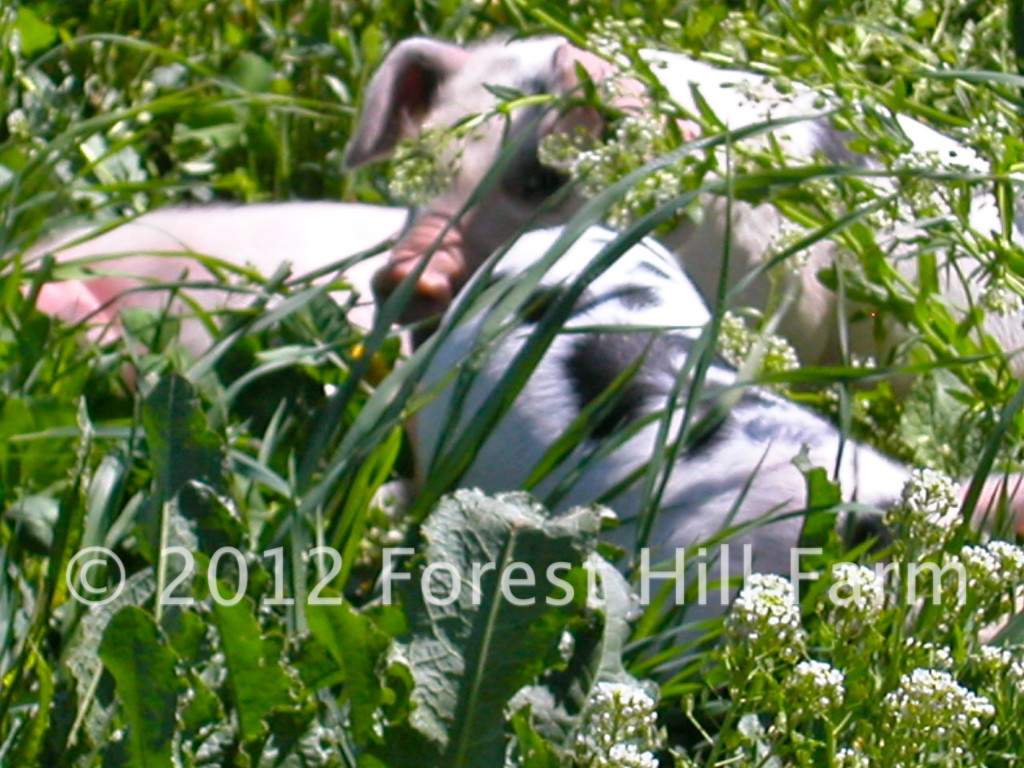
Heritage Hogs At Risk
A new Michigan law is targeting heritage breed hogs. In an effort to control the feral hog population the State's Department of Natural Resources and Environment (DNRE) is removing heritage breed hogs from privately owned farms. Forest Hill Farm raises Gloucestershire Old Spot and Berkshire hogs. If Iowa passed a similar law our hogs could be destroyed. Our hogs graze and live outdoors. They are social, productive, and domesticated. Their outdoor areas are rotated to keep them clean, healthy, offer a variety of forages, and prevent overgrazing. A confinement hog, who escapes into the countryside, has the same opportunity to become feral as a heritage breed. Actually, because our hogs are always outdoors, and very friendly, if they did get out of their fence line they could easily be coaxed back with the bribe of raw milk and a back scratch. One of the problems with the Michigan law, and there are many issues with it, is that the Invasive Species Order (ISO) outlaws the possession of wild swine, hogs, boars, and pigs, aside from domestic hog production. They haven't defined an exception so farmers won't know if their livestock is prohibited until the ISO goes into effect and the DNRE begins their inspections. Is anyone surprised that the Michigan Pork Producer Association supports the measure? Aren't both heritage breed farmers and confinement owners pork producers? Four lawsuits have been filed against the ISO, heritage hog farmers are asking if the DNRE has jurisdiction.
Just more food for thought!

